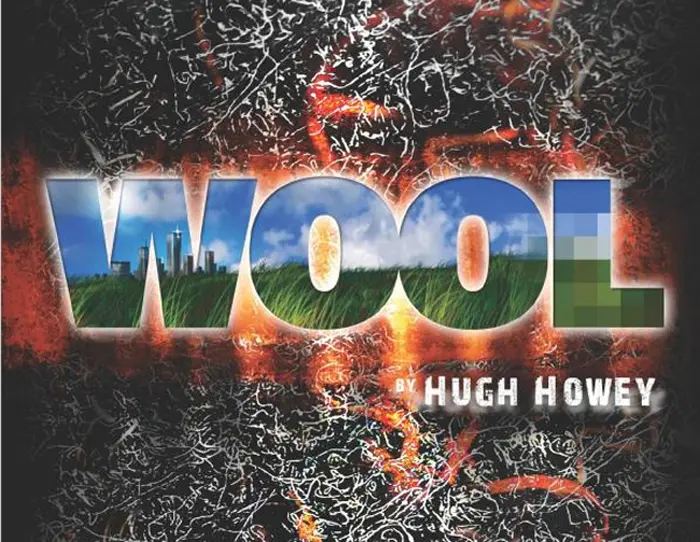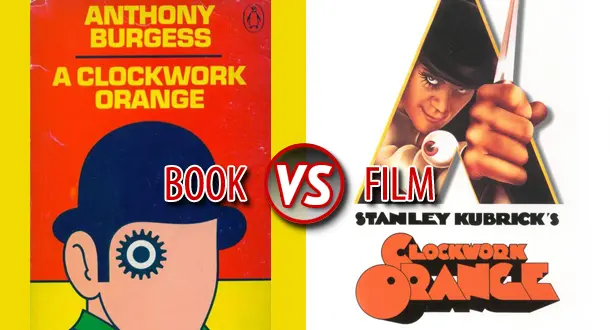Menu
Columns
Showing 3546 Columns
Showing 3546 Columns
March 27th, 2013

Why The F*ck Aren't You Reading? is a new feature where the columnist spotlights a writer who has a dedicated following and is well known within the writing community, but hasn't achieved the elephant-in-the-room style success of a Stephen King or Gillian Flynn—But they deserve to, dammit! Hopefully the column will help gain the author featured a few more well deserved readers.
Read Column →March 27th, 2013

Allusions Do you ever get the feeling that you’ve read something before? Well, you have—maybe even hundreds or thousands of times. Writers are, at best, great mimics, and, at worst, sneaky thieves. They love to steal the words of the writers who have come before them. Did I say steal? I meant allude to the words of their fore-authors. According to An Introduction to Poetry, 9th Edition, an allusion is
Read Column →March 26th, 2013

Books can be about anything – elephants, antimacassars, milk cartons – but generally they are not. Books tend to cluster around certain subjects, old favorites cropping up time and time again, like regulars at a bar. But unlike barflies, who all seem to have learned the same hard luck story by rote, writers (good writers) can take the same base material and make it into something entirely original. Contrast three writers on the same subject and what you end up with is not just interesting—what you end up with is inspiration.
Read Column →March 26th, 2013

Last Saturday I had the privilege of spending the afternoon with some of my favorite authors, all of them indie published. Will Hertling is the author of Avogadro Corporation, a fabulous story about an AI that starts out as an email search algorithm, similar to those currently used by Google. Ernie Lindsey is the author of several great works of fiction, including the best selling Sara's Game, and my personal favorite Going Shogun, which is a future dystopian comedy a la Bill and Ted's Excellent Adventure.
Read Column →March 22nd, 2013

This column contains language of a frank and sexual nature. You have been warned.
Read Column →March 22nd, 2013

Anthony Burgess’ dismissal of the Stanley Kubrick adaptation of his novel A Clockwork Orange is one for the ages. It wasn’t the last time one of Kubrick’s notoriously devastating films pissed off the author of the source material – Stephen King once said that The Shining is the only one of his book adaptations he can remember hating – but Burgess’ ire is certainly the most memorable, renouncing his own book after having seen the movie it spawned:
Read Column →March 21st, 2013

LURID: vivid in shocking detail; sensational, horrible in savagery or violence, or, a guide to the merits of the kind of Bad Books you never want your co-workers to know you're reading.
Read Column →March 20th, 2013

Before there was film noir, there was the roman noir, the dark novel. What Americans of the mid-twentieth century called pulp fiction was simply the contemporary incarnation of the dime novel or penny dreadful of the previous century. The lurid stories behind the lurid covers were considered lowbrow trash and indeed, many of them aspired to be nothing but the same. But one man’s trash is another man’s dark worldview, as evinced by the French embrace of these tales from the godless gutter of the New World.
Read Column →March 20th, 2013

The truth is chilling: Only a small percentage of those who graduate from MFA writing programs actually keep writing. Many give up their creative pursuits immediately after getting their diploma. Others write for a few years, but are so bruised by repeated rejection that they abandon the dream. If these are the people who devoted tens of thousands of dollars, along with a half-dozen years of school, to writing—what sort of odds does that give the rest of the writing community?
Read Column →🎼
Tell us about your book, and we'll give you a writing playlist
Take our 1 minute quiz to find your ideal tunes.